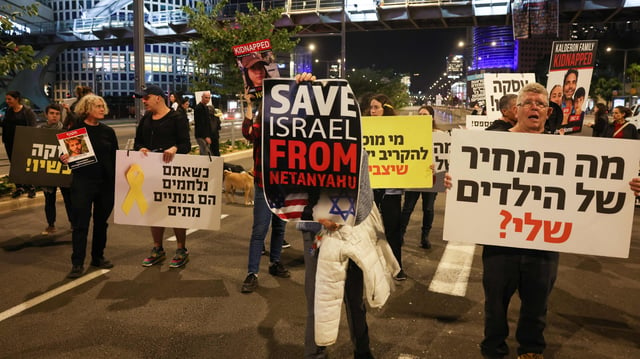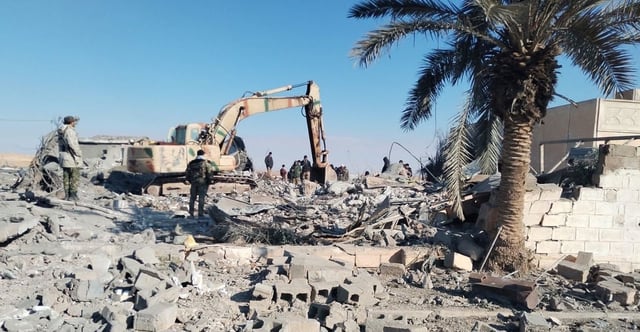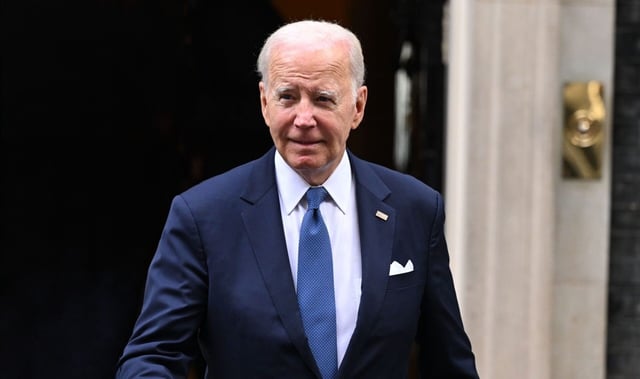Overview
- The recent U.S. bombing campaign against Iranian proxies in Iraq and Syria, following a drone strike that killed three American troops in Jordan, has been criticized for not going far enough to deter future attacks.
- Iran's strategic patience and investment in drones and missiles are seen as outpacing the U.S.'s short-term tactical responses, raising concerns about the effectiveness of U.S. strategy in the Middle East.
- Calls for a more comprehensive U.S. strategy in the Middle East include targeting Iranian assets directly and pushing for a cease-fire in Gaza to prevent further escalation.
- Critics argue that the Biden administration's approach to the Middle East lacks a clear objective and strategy, potentially endangering U.S. troops and failing to address the root causes of regional instability.
- The need for a revised U.S. strategy in the Middle East is underscored by the ongoing conflict and the challenges of deterring Iran and its proxies, as well as securing a peaceful future for the region.



